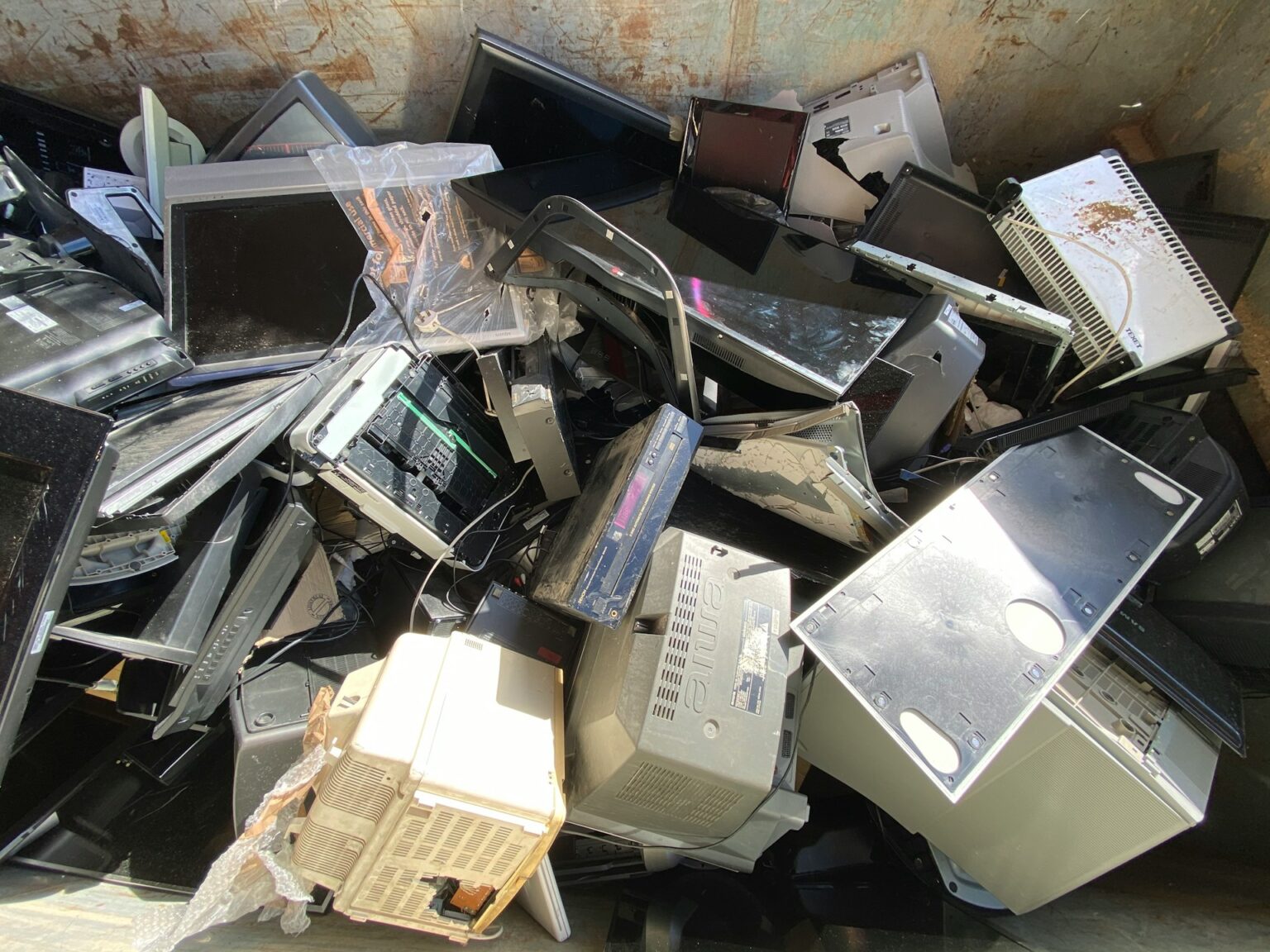The Office for the Protection of Competition (ÚOHS) has concluded an investigation into the market for collective collection services of waste electrical and electronic equipment (WEEE), following several complaints. The inquiry focused on whether any operator of collective systems holds a dominant position and whether such a position may be abused.
Collective system operators are responsible for fulfilling the obligations of electrical equipment producers under Act No. 542/2020 Coll. on End-of-Life Products. These obligations concern the collection, processing, and recovery or disposal of waste electrical equipment. Operators must be authorised by the Ministry of the Environment and meet statutory requirements. WEEE is divided into six groups, with Group 4 further split into 4a (large equipment excluding solar panels) and 4b (solar panels). Authorisations can be granted for one or several groups.
Currently, five collective system operators are active in the Czech Republic across Groups 1, 2, 3, 4a, 5, and 6: ASEKOL, EKOLAMP, ELEKTROWIN, REMA Systém, and RETELA.
Market Definition and Scope of Assessment
The Office defined the relevant market from both a material and geographical perspective. Materially, it considered a broader market encompassing the provision of take-back and recovery services for all electrical and electronic equipment (except Group 4b), and narrower markets for each group separately. Geographically, the relevant market was defined nationally, covering the entire Czech Republic.
Market Power and Competition Analysis
In assessing potential dominance, the Office examined market shares of collective system operators over the period 2019–2024. While some operators showed relatively high shares in certain market segments, these declined over time. Moreover, the distance between the largest operators and their competitors was not substantial, and market shares fluctuated significantly, indicating instability.
The analysis further showed that producer mobility between systems and the use of discounts and other incentives reflect active competition rather than entrenched dominance. Even where high shares were observed, they were not sufficient to establish a dominant position under competition law criteria.
The investigation determined that none of the five operators holds a dominant position in the relevant markets. The Office stressed that the operators are unable to act independently of one another to a significant degree, which is a necessary condition for dominance.
Nonetheless, ÚOHS emphasised that competitive conditions in these markets may evolve and committed to continued monitoring of the sector.
